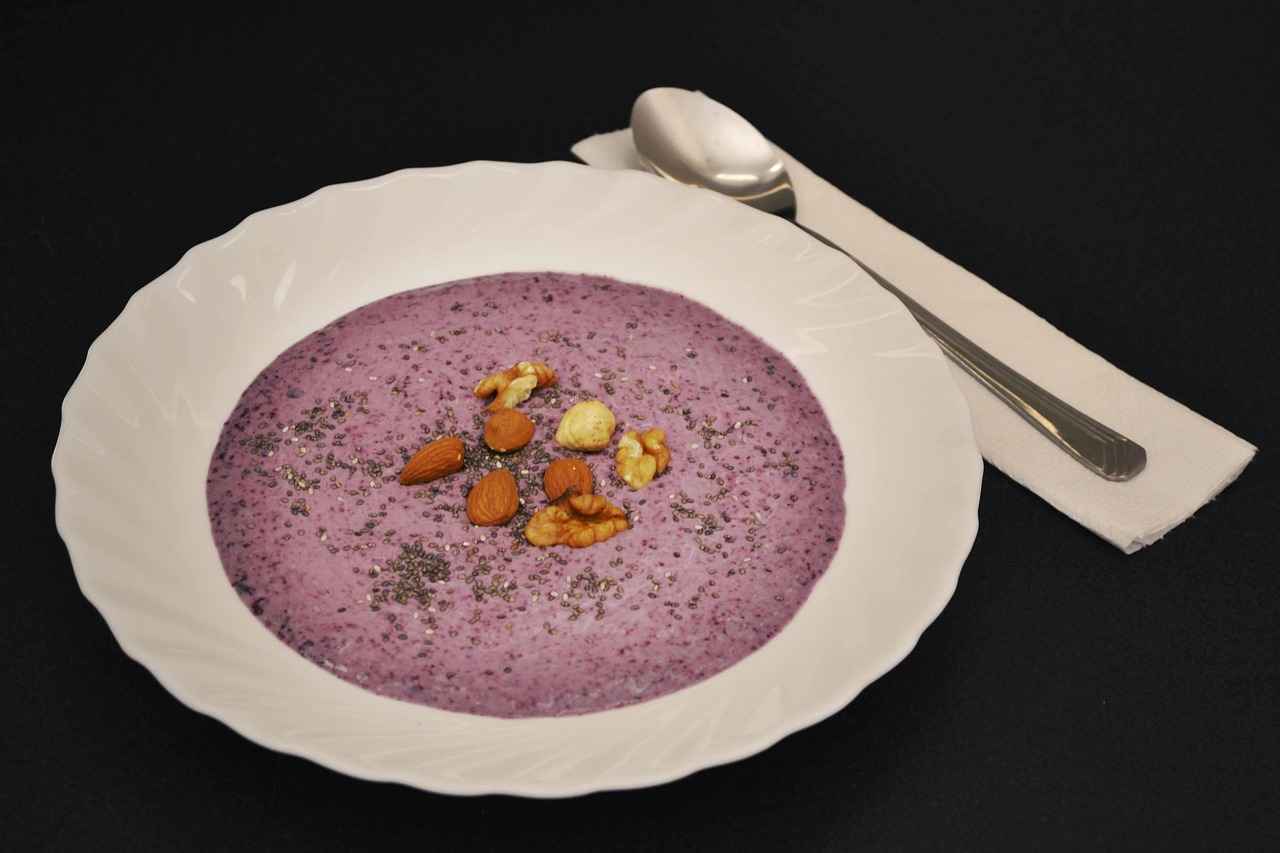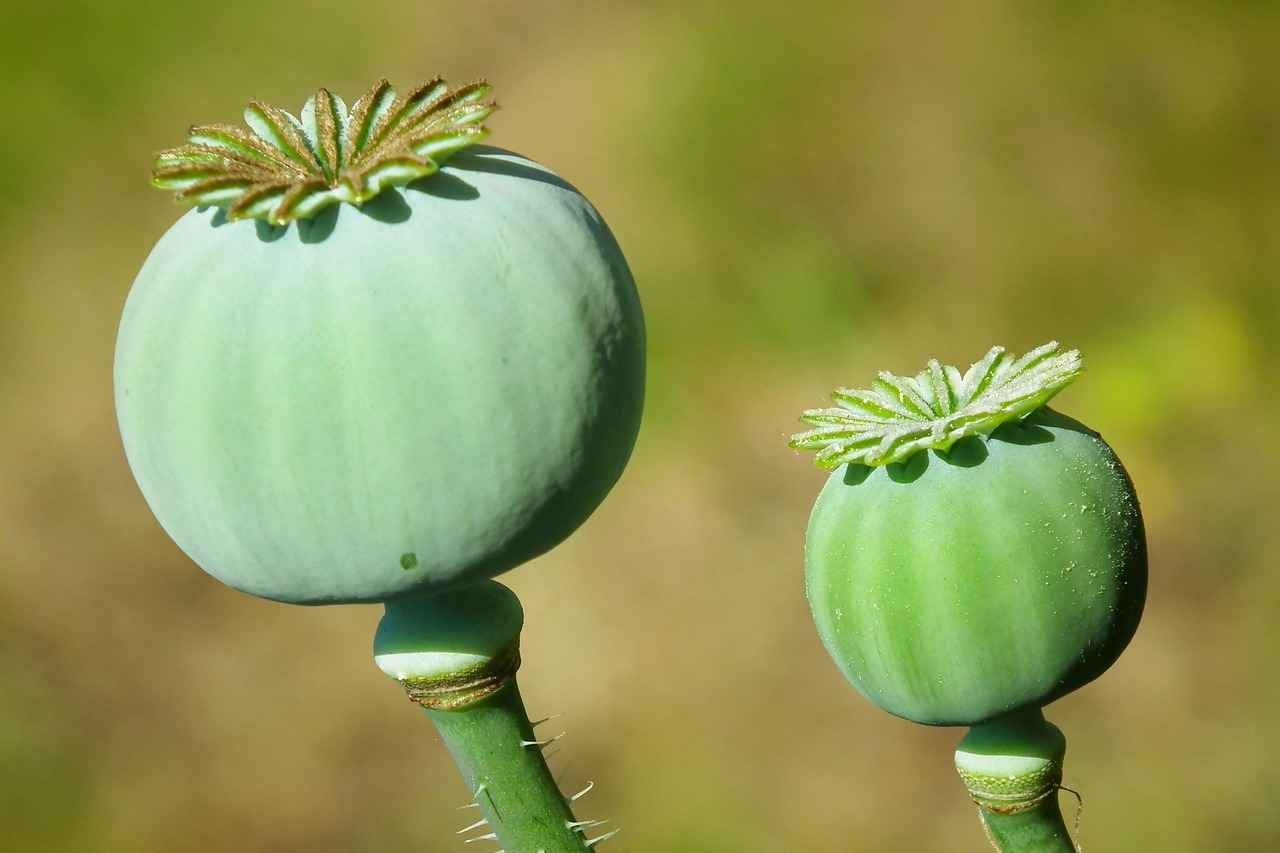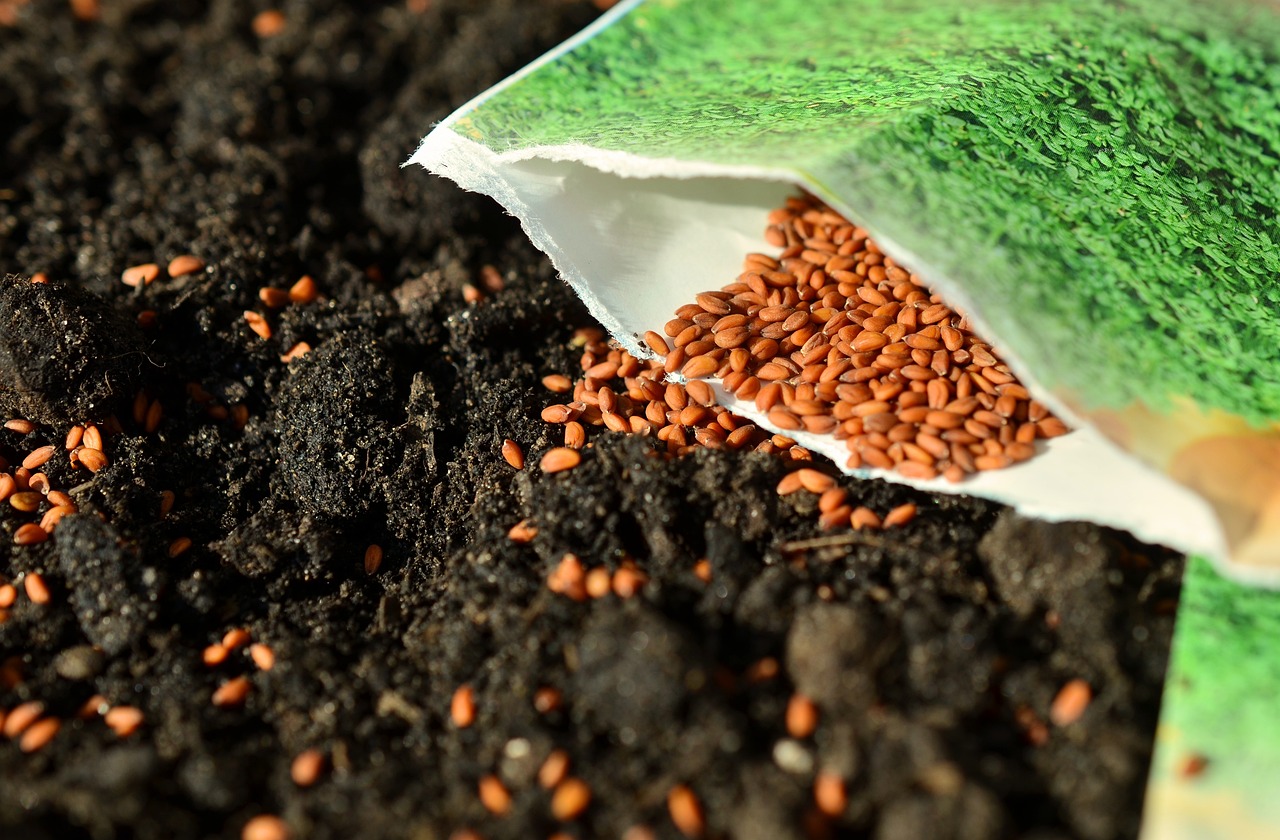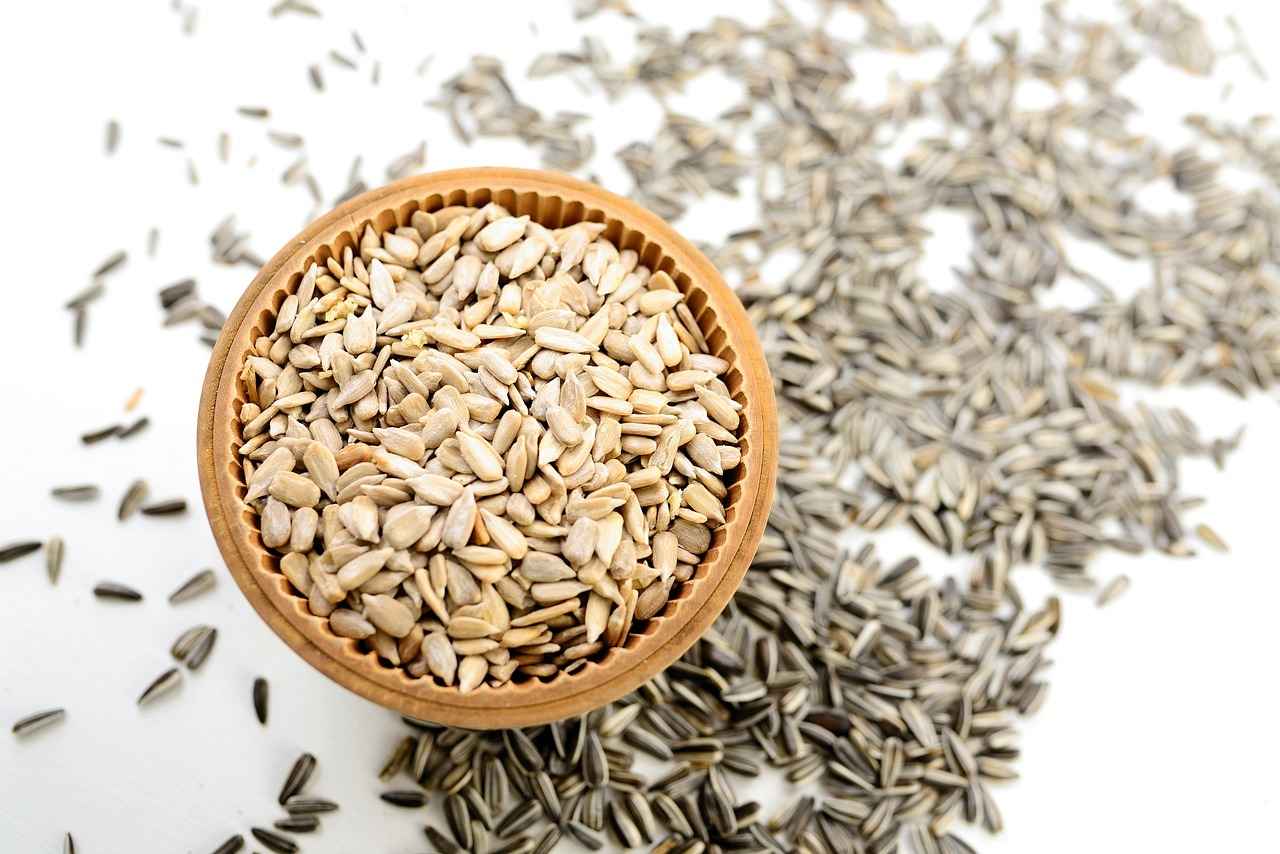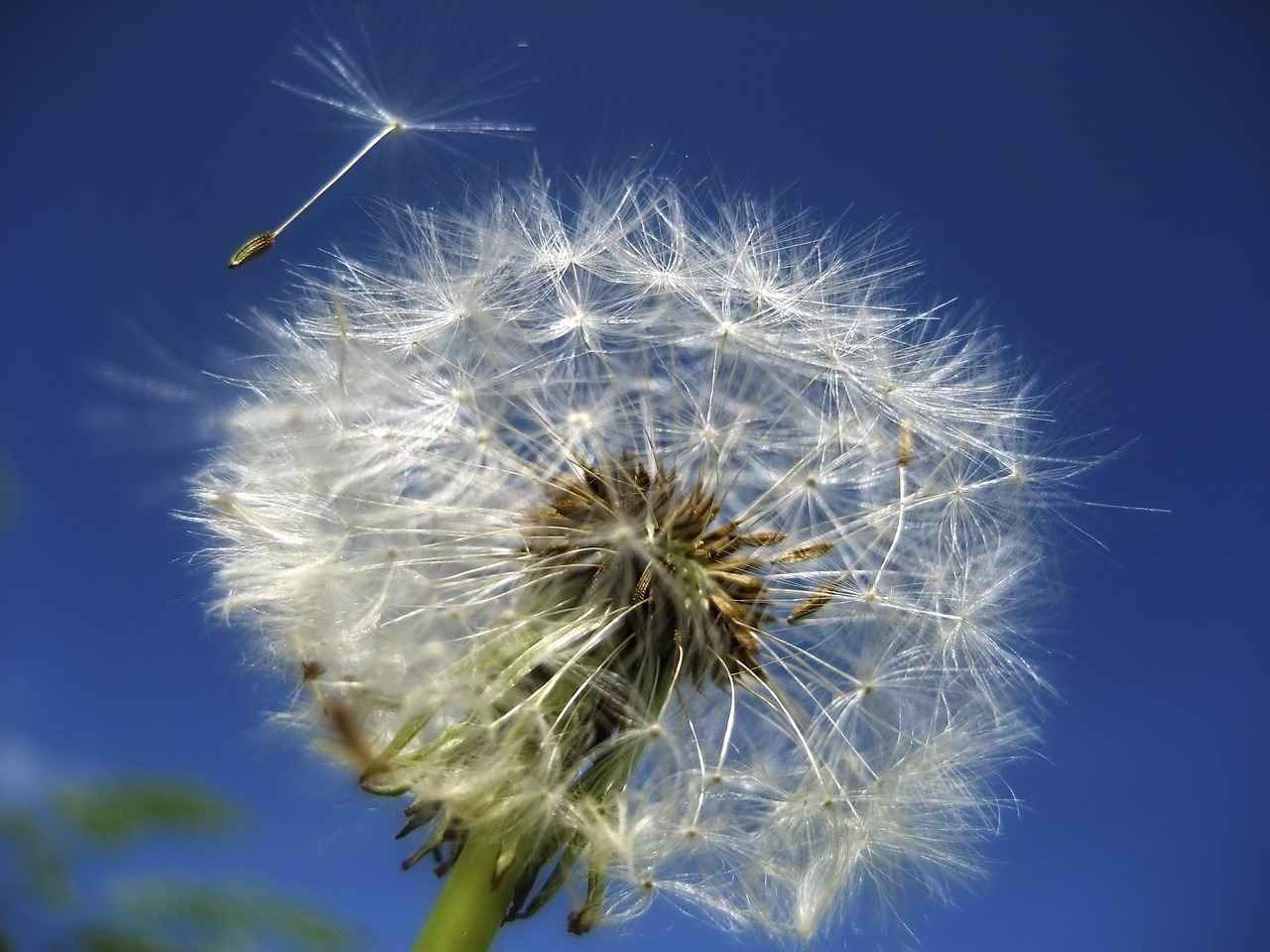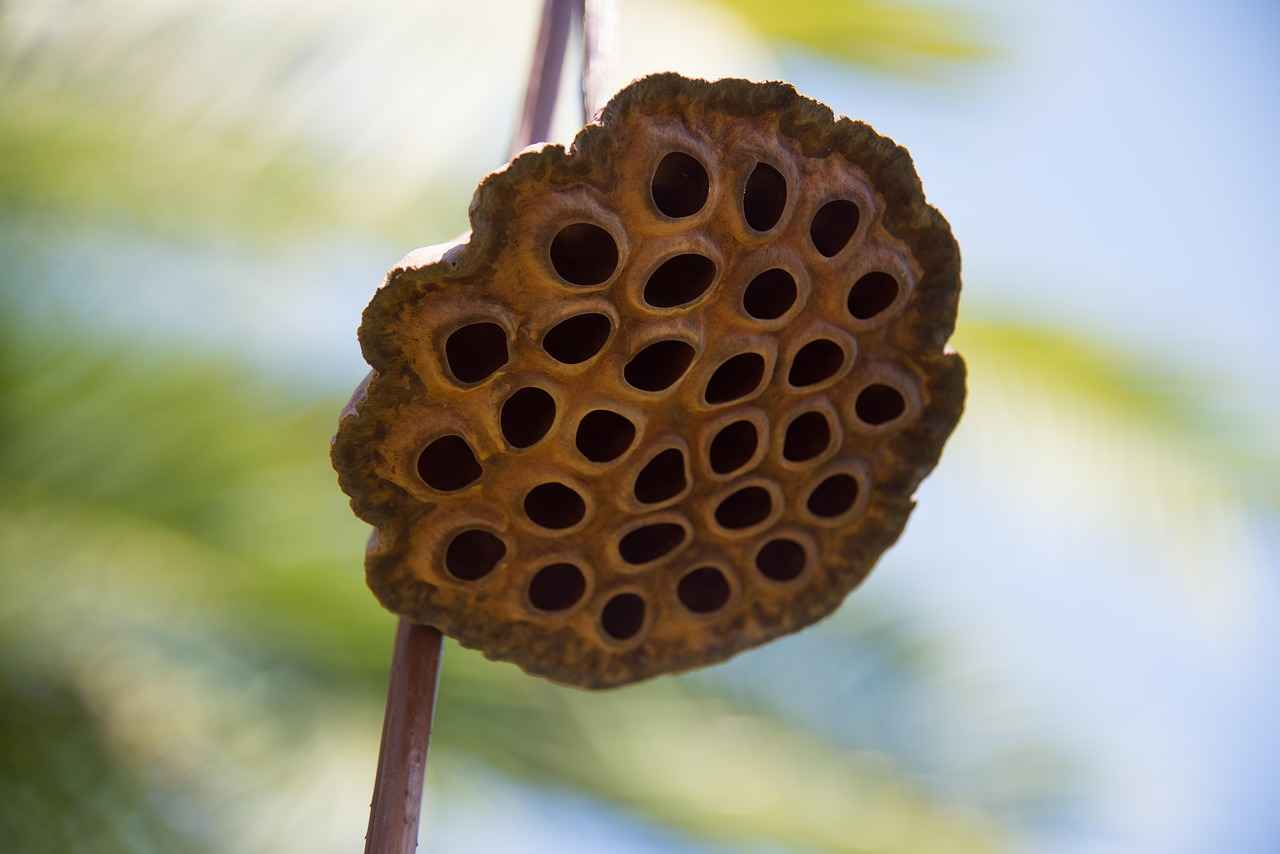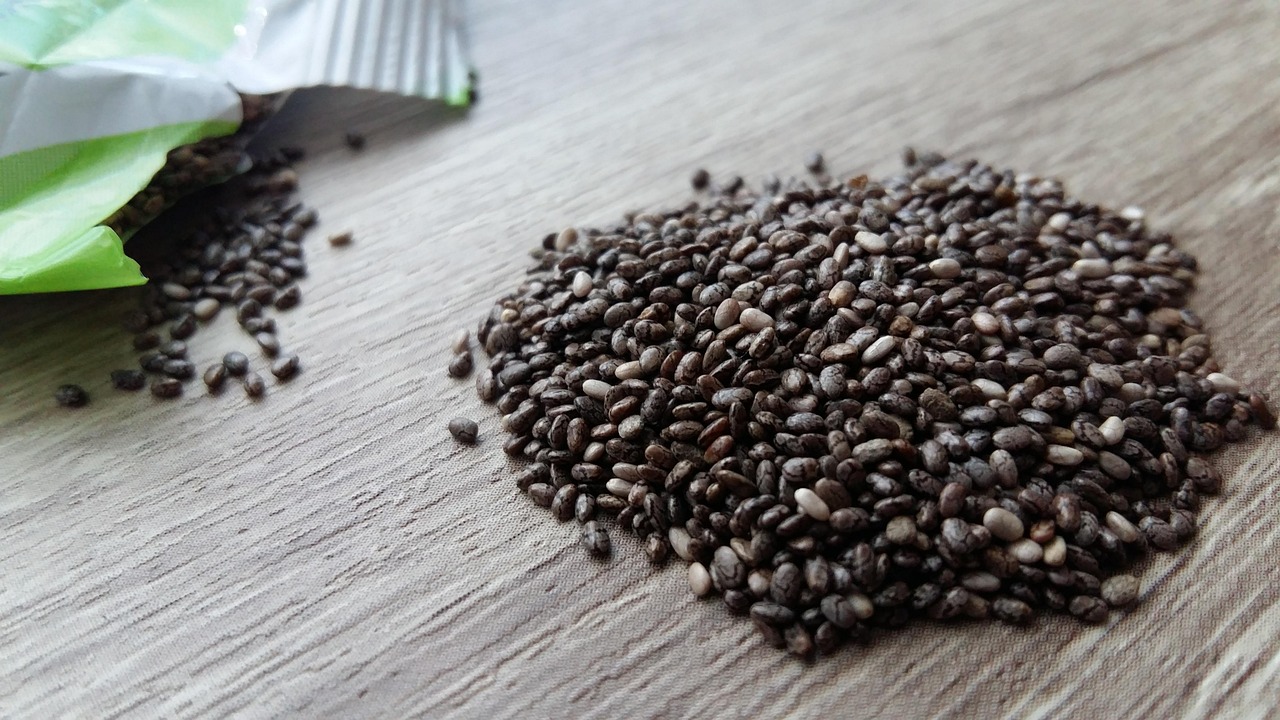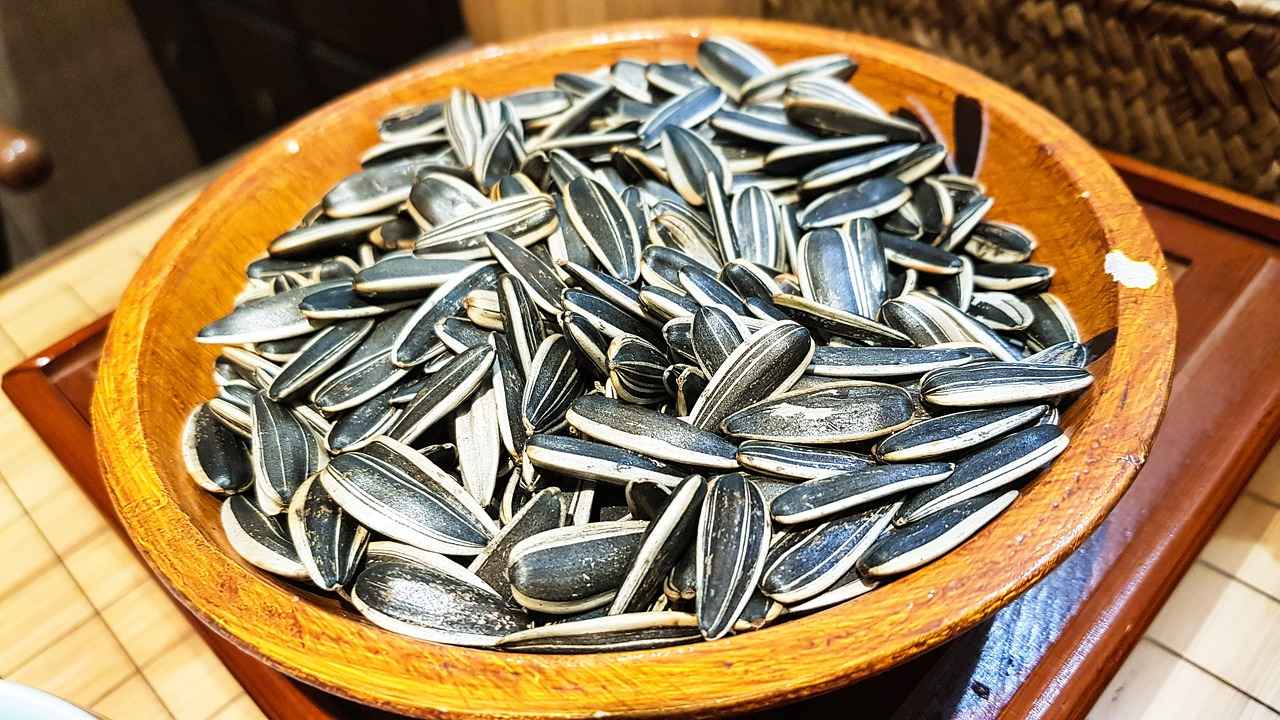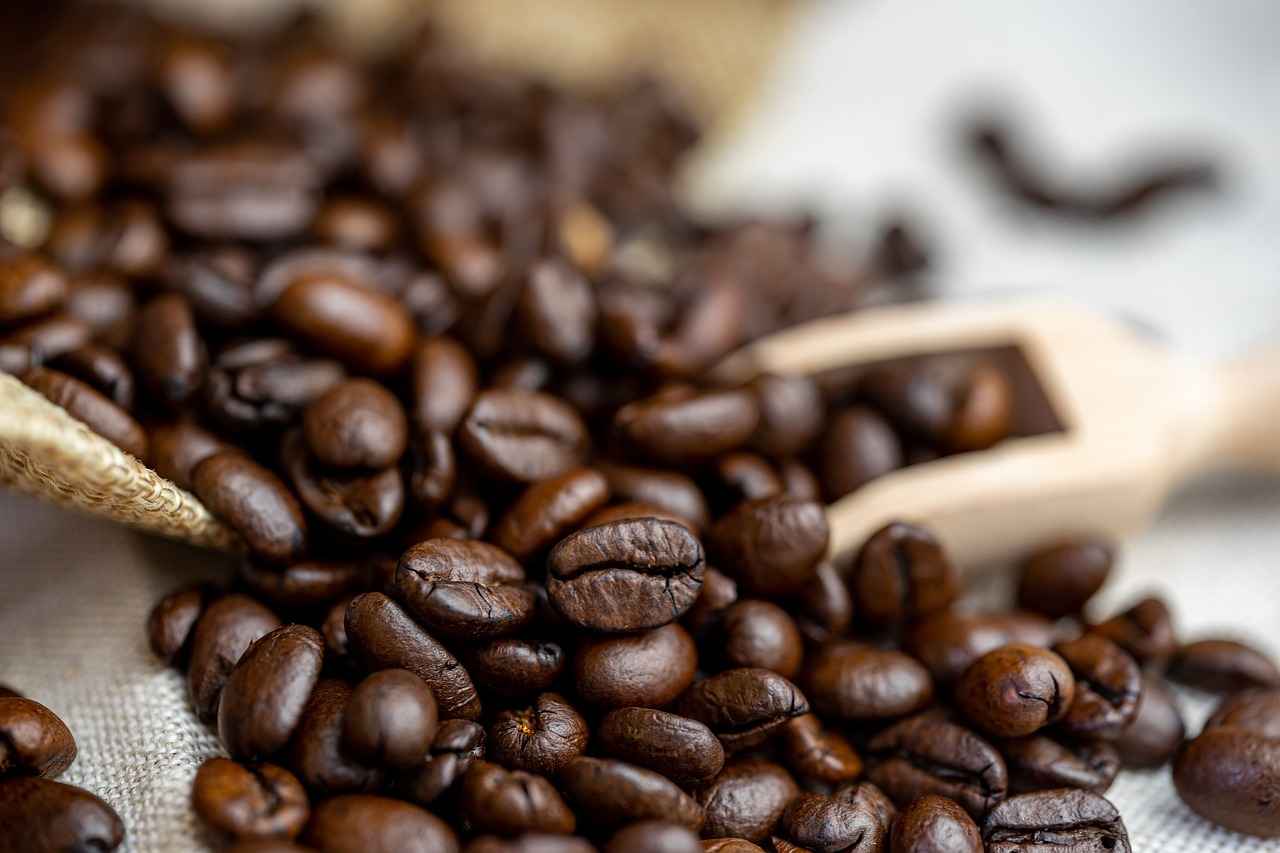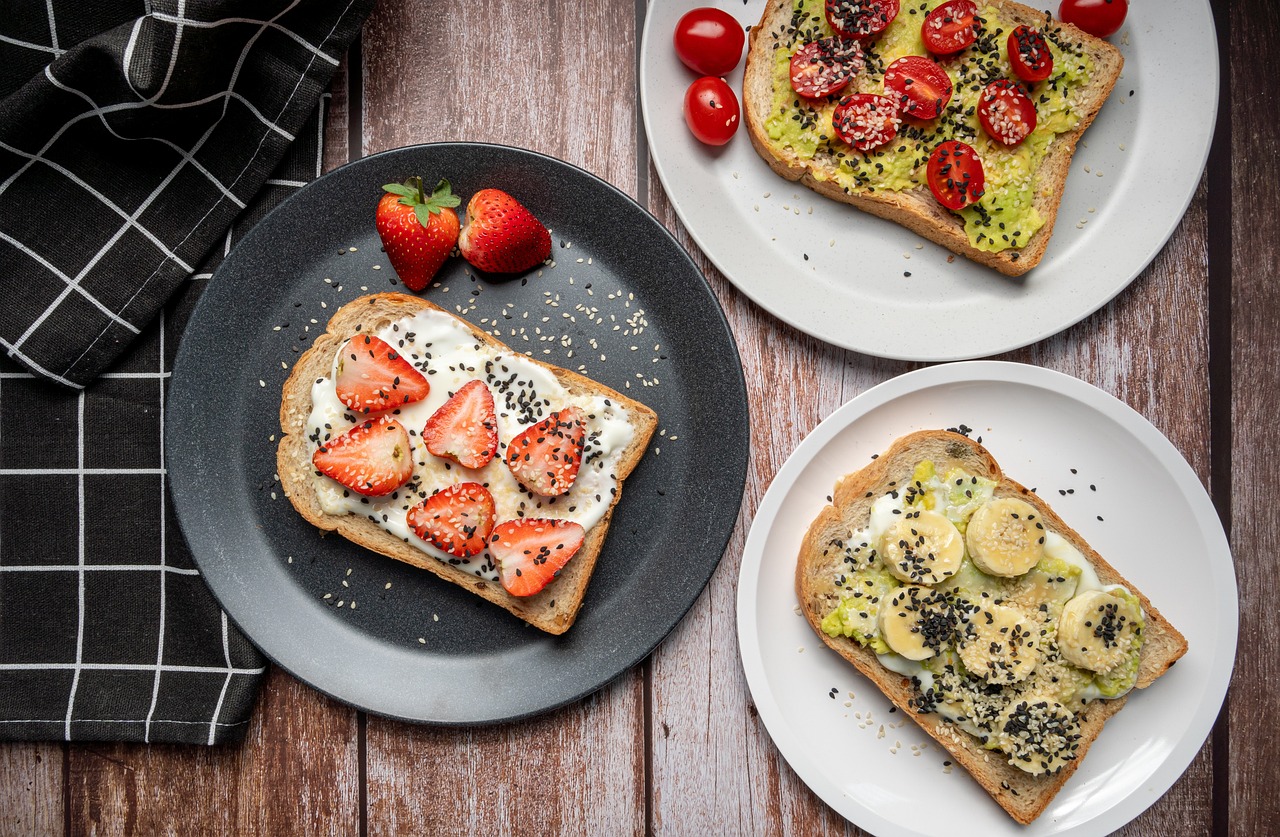This article delves into the nutritional benefits, culinary applications, and health impacts of chia seeds and basil seeds, assisting you in making an informed choice between these two popular superfoods.
Chia seeds are tiny, nutrient-dense seeds derived from the Salvia hispanica plant, native to Central America. Known for their impressive omega-3 fatty acid content, these seeds have gained popularity for their numerous health benefits. Chia seeds are often praised for their ability to absorb water, forming a gel-like consistency, which can aid in hydration and satiety.
Basil seeds, also referred to as sabja seeds, come from the sweet basil plant. These seeds are rich in fiber and antioxidants, making them a valuable addition to various dishes. Unlike chia seeds, basil seeds swell when soaked in water, creating a unique texture that enhances both taste and nutritional value.
When comparing chia seeds and basil seeds, it is essential to understand their nutritional content. Both seeds are packed with essential nutrients, but their compositions vary significantly.
- High in omega-3 fatty acids
- Rich in protein
- Contains significant amounts of fiber
- Loaded with essential minerals like calcium and magnesium
- High in fiber, promoting digestive health
- Rich in antioxidants, which help combat oxidative stress
- Contains essential vitamins like vitamin K
Chia seeds are renowned for their numerous health benefits, which include:
- Improved heart health due to high omega-3 content
- Assistance in weight management by promoting a feeling of fullness
- Enhanced digestive function through high fiber content
Basil seeds offer several health benefits, such as:
- Promoting hydration due to their ability to absorb water
- Aiding digestion and preventing constipation
- Potentially supporting weight loss efforts
Incorporating chia seeds into your meals is simple and versatile. They can be added to:
- Smoothies for an extra nutrient boost
- Oatmeal to enhance texture and nutritional value
- Baked goods like muffins and bread for added fiber
Basil seeds can be soaked and added to various dishes, such as:
- Drinks like smoothies and juices for a refreshing twist
- Desserts like puddings and jellies for enhanced texture
- Salads to add a unique crunch and nutritional benefits
Both chia and basil seeds can aid in weight loss, but their effects may differ based on individual dietary needs and preferences. Chia seeds are often favored for their high protein and omega-3 content, while basil seeds are appreciated for their high fiber and hydration properties. Evaluating which seed aligns with your lifestyle and dietary goals is crucial for optimal results.

What Are Chia Seeds?
Chia seeds are small, black or white seeds that come from the Salvia hispanica plant, which is native to Central America. These seeds have gained immense popularity in recent years, not only for their unique texture but also for their impressive nutritional profile. They are often considered a superfood due to their rich content of essential nutrients and health benefits.
One of the most notable characteristics of chia seeds is their exceptionally high content of omega-3 fatty acids. In fact, they are one of the best plant-based sources of this essential fatty acid, which is crucial for heart health and brain function. Just a single ounce of chia seeds contains about 5 grams of omega-3s, making them a powerful addition to any diet.
In addition to omega-3 fatty acids, chia seeds are also packed with fiber, providing approximately 11 grams per ounce. This high fiber content aids in digestion, helps maintain a healthy gut, and can contribute to feelings of fullness, making chia seeds an excellent choice for those looking to manage their weight. Furthermore, the soluble fiber in chia seeds forms a gel-like substance when mixed with liquid, which can help slow down digestion and stabilize blood sugar levels.
Chia seeds are also a good source of protein, containing all nine essential amino acids. This makes them an excellent option for vegetarians and vegans seeking to boost their protein intake. Additionally, they are rich in various essential minerals, including calcium, magnesium, and phosphorus, which are vital for maintaining strong bones and overall health.
From a culinary perspective, chia seeds are incredibly versatile. They can be easily incorporated into a variety of dishes, including smoothies, salads, and baked goods. One popular way to enjoy chia seeds is by making chia pudding, a delightful dessert that combines chia seeds with milk or a milk alternative, allowing them to absorb the liquid and create a creamy texture. This pudding can be flavored with fruits, spices, or sweeteners, making it a delicious and nutritious treat.
Moreover, chia seeds are gluten-free, making them suitable for individuals with gluten sensitivities or celiac disease. Their mild flavor allows them to blend seamlessly into both sweet and savory dishes, enhancing the nutritional value without overpowering other ingredients.
In summary, chia seeds are a tiny powerhouse of nutrition, offering a wealth of health benefits and culinary possibilities. Whether you’re looking to improve your heart health, boost your fiber intake, or simply add a nutritious ingredient to your meals, chia seeds are an excellent choice. Their unique properties and versatility make them a staple in many health-conscious diets.
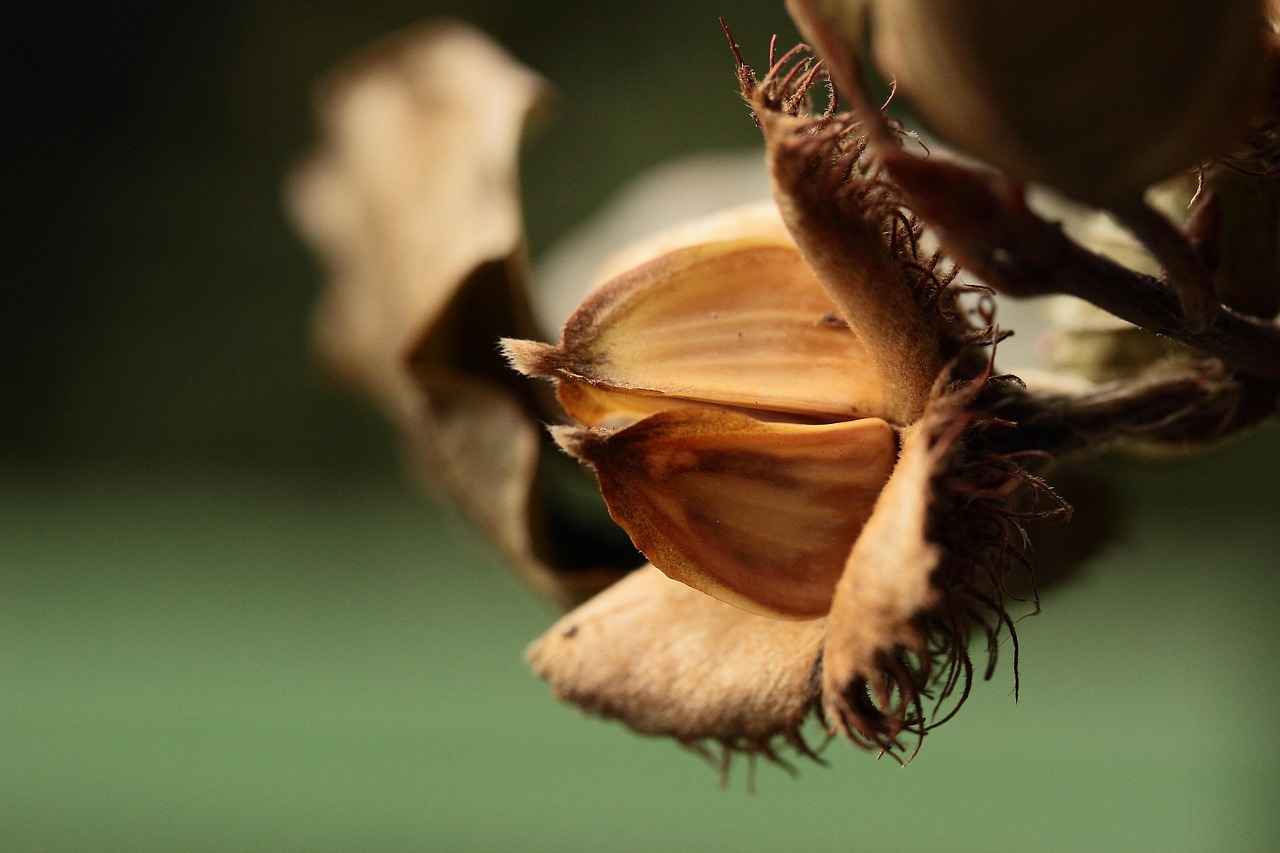
What Are Basil Seeds?
Basil seeds, commonly referred to as sabja seeds, are small, black seeds derived from the sweet basil plant, scientifically known as Ocimum basilicum. These seeds have gained popularity in recent years due to their impressive nutritional profile and numerous health benefits. Rich in fiber, antioxidants, and essential vitamins, basil seeds offer a unique blend of health advantages that make them a valuable addition to any diet.
One of the standout features of basil seeds is their high fiber content. In fact, just one ounce (about 28 grams) of basil seeds contains approximately 30 grams of fiber, which is essential for maintaining a healthy digestive system. Fiber aids in digestion, helps regulate blood sugar levels, and promotes a feeling of fullness, making basil seeds an excellent choice for those looking to manage their weight.
Basil seeds are also rich in antioxidants, which play a crucial role in protecting the body from oxidative stress. Antioxidants help neutralize harmful free radicals, reducing the risk of chronic diseases such as heart disease and cancer. Including basil seeds in your diet can therefore contribute to overall health and well-being.
Another remarkable aspect of basil seeds is their ability to absorb water. When soaked in water, they expand and form a gel-like consistency. This property not only enhances hydration but also makes them a popular ingredient in refreshing drinks, especially in hot climates. The cooling effect of basil seeds can help alleviate heat-related discomfort, making them a favorite during the summer months.
Basil seeds are incredibly versatile and can be easily incorporated into various dishes. They can be added to:
- Drinks: Soak basil seeds in water or juice and add them to smoothies, lemonades, or teas for a nutritious boost.
- Desserts: Incorporate soaked basil seeds into puddings, yogurt, or ice creams for added texture and health benefits.
- Salads: Sprinkle basil seeds over salads to enhance their nutritional value and add a unique crunch.
The high fiber content in basil seeds not only aids in digestion but also promotes gut health. Regular consumption can help prevent constipation and improve overall digestive function. Furthermore, the seeds contain prebiotics, which support the growth of beneficial gut bacteria, contributing to a healthy microbiome.
For those looking to manage their weight, basil seeds can be a helpful addition to your diet. Their high fiber content promotes satiety, reducing the likelihood of overeating. Additionally, the gel-like texture formed when soaked can help control cravings, making it easier to stick to a healthy eating plan.
Incorporating basil seeds into your daily routine is simple and straightforward. Start by soaking a tablespoon of basil seeds in water for about 30 minutes. Once they have expanded, you can add them to:
- Your morning smoothie or breakfast bowl.
- A refreshing summer drink or iced tea.
- Homemade desserts for added nutrition.
With their numerous health benefits and culinary versatility, basil seeds are an excellent choice for anyone looking to enhance their diet. Whether you are seeking to improve your digestive health, stay hydrated, or manage your weight, these tiny seeds pack a powerful punch.
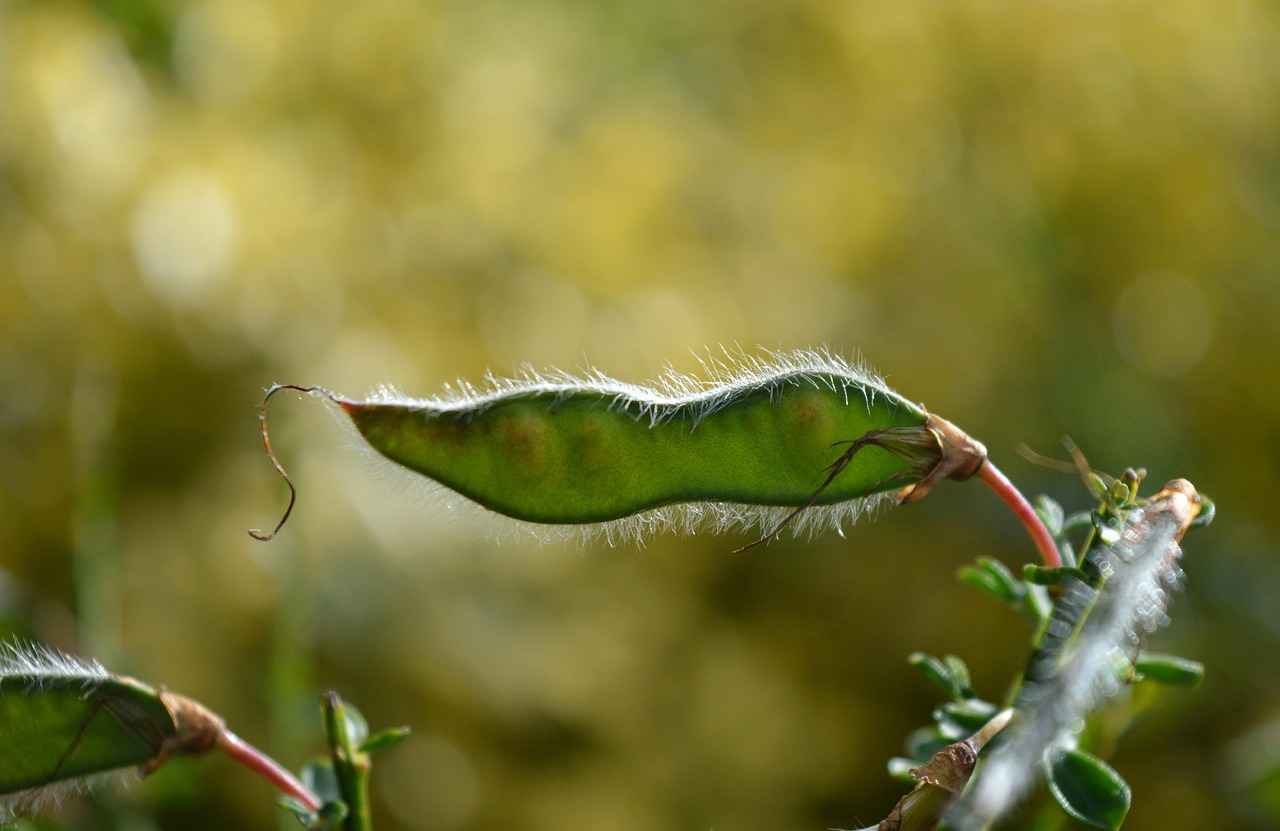
How Do Nutritional Profiles Compare?
When comparing chia seeds and basil seeds, understanding their nutritional content is crucial. Both seeds provide essential nutrients, but their compositions differ significantly. This section delves into the specific nutritional profiles of each seed, highlighting their unique benefits and potential uses in your diet.
| Nutrient | Chia Seeds (per 28g) | Basil Seeds (per 28g) |
|---|---|---|
| Calories | 138 | 90 |
| Protein | 4.7g | 3.5g |
| Fat | 8.6g | 0.5g |
| Omega-3 Fatty Acids | 5g | 0g |
| Fiber | 10.6g | 6.1g |
| Calcium | 76mg | 30mg |
| Iron | 1mg | 0.5mg |
Chia seeds are particularly notable for their high content of omega-3 fatty acids, which are essential for heart health and cognitive function. They also provide a substantial amount of dietary fiber, which aids in digestion and promotes a feeling of fullness, making them a popular choice for those looking to manage their weight.
On the other hand, basil seeds stand out for their rich fiber content and antioxidant properties. They are known to help with hydration due to their ability to absorb water, expanding in size and creating a gel-like texture when soaked. This characteristic makes them a refreshing addition to beverages and desserts, especially in warmer climates.
- Chia Seeds: Excellent source of protein, omega-3s, and minerals.
- Basil Seeds: High in fiber, antioxidants, and vitamins.
Moreover, the caloric content of chia seeds is higher than that of basil seeds, which may be a consideration for those monitoring their calorie intake. However, the nutrient density of chia seeds makes them a beneficial addition to a balanced diet.
Both seeds can be easily incorporated into various meals. Chia seeds can be blended into smoothies, sprinkled on top of yogurt, or used to create chia pudding. Conversely, basil seeds can be soaked and added to drinks, desserts, or salads, enhancing both texture and nutritional value.
In summary, while both chia seeds and basil seeds offer unique health benefits, your choice may depend on your specific dietary needs and preferences. If you are looking for a source of healthy fats and protein, chia seeds may be the better option. However, if you are seeking a high-fiber food that aids in hydration, basil seeds could be the way to go. Understanding these differences can help you make an informed decision that aligns with your health goals.
Chia Seeds Nutritional Breakdown
Chia seeds, derived from the Salvia hispanica plant, are often hailed as a superfood due to their impressive nutritional profile. These tiny seeds pack a powerful punch, offering a variety of health benefits that make them a popular choice among health-conscious individuals.
- Omega-3 Fatty Acids: Chia seeds are one of the richest plant sources of omega-3 fatty acids, particularly alpha-linolenic acid (ALA), which is crucial for heart health. Just a single ounce (28 grams) of chia seeds contains about 5 grams of omega-3s, supporting cardiovascular function and reducing inflammation.
- Protein Content: These seeds are also an excellent source of protein, providing approximately 4 grams per ounce. This makes them a great addition to vegetarian and vegan diets, helping to meet daily protein requirements.
- Dietary Fiber: Chia seeds are loaded with fiber, containing about 11 grams per ounce. This high fiber content promotes digestive health, aids in weight management by increasing satiety, and helps regulate blood sugar levels.
- Essential Minerals: They are rich in essential minerals such as calcium, magnesium, and phosphorus, which are vital for bone health. Just two tablespoons of chia seeds can provide a significant portion of the daily recommended intake of these minerals.
- Antioxidants: Chia seeds are packed with antioxidants that help combat oxidative stress and inflammation in the body. These antioxidants contribute to overall health and may help prevent chronic diseases.
Incorporating chia seeds into your diet is simple and versatile. They can be added to a variety of dishes, such as:
- Smoothies: Blend them into your favorite smoothie for an added nutrient boost.
- Oatmeal: Sprinkle chia seeds on your morning oatmeal or overnight oats for extra texture and nutrition.
- Baked Goods: Incorporate them into muffins, bread, or energy bars for enhanced nutritional value.
Moreover, chia seeds can absorb water and form a gel-like consistency, making them an excellent ingredient for chia puddings and as an egg substitute in vegan baking. This property not only increases their versatility in the kitchen but also contributes to their health benefits.
Overall, chia seeds are a nutrient-dense food that can enhance your diet in numerous ways. Their combination of omega-3 fatty acids, protein, fiber, and essential minerals makes them a powerful addition to any health regime. Whether you’re looking to improve heart health, boost your protein intake, or enhance digestive function, chia seeds are an excellent choice.
Basil Seeds Nutritional Breakdown
Basil seeds, also known as sabja seeds, are gaining popularity as a nutritious addition to various diets. These seeds, derived from the sweet basil plant, are not only a culinary delight but also a powerhouse of nutritional benefits. They offer a unique profile that sets them apart from other seeds, making them a valuable component of health-conscious eating.
Basil seeds are particularly rich in fiber, which plays a crucial role in digestive health. A single serving of basil seeds can provide up to 5 grams of fiber, supporting regular bowel movements and contributing to a feeling of fullness. This can be especially beneficial for those looking to manage their weight.
In addition to fiber, basil seeds are packed with antioxidants, which help combat oxidative stress in the body. These antioxidants can protect against chronic diseases and promote overall well-being. Furthermore, basil seeds contain essential vitamins such as vitamin K and vitamin E, both of which are important for maintaining healthy skin and supporting the immune system.
One of the standout features of basil seeds is their ability to absorb water. When soaked in water, they expand significantly, forming a gel-like substance. This property not only enhances their texture but also makes them an excellent addition to hydration strategies. Consuming basil seeds can help maintain hydration levels, especially in hot climates or after intense workouts.
The high fiber content in basil seeds aids in digestion by promoting regularity and preventing constipation. The soluble fiber in these seeds can also help regulate blood sugar levels, making them a smart choice for individuals with diabetes. By incorporating basil seeds into your diet, you can support a healthy digestive tract and maintain balanced blood sugar levels.
- Soaked in Water: Soak basil seeds in water for about 30 minutes and add them to smoothies or juices for a nutritious boost.
- In Desserts: Use soaked basil seeds in puddings, yogurt, or desserts to enhance texture and nutrition.
- In Salads: Sprinkle soaked basil seeds over salads for added crunch and health benefits.
In conclusion, basil seeds are a versatile superfood that can enhance your diet in several ways. With their high fiber content, antioxidant properties, and ability to aid hydration, they are a worthy addition to any health-focused meal plan. Whether you are looking to improve your digestive health or simply want to add some variety to your meals, basil seeds offer a unique and beneficial option.

What Are the Health Benefits of Chia Seeds?
Chia seeds, derived from the Salvia hispanica plant, have gained immense popularity due to their remarkable health benefits. These tiny seeds are not only packed with essential nutrients but also offer a variety of advantages that can enhance overall well-being. In this section, we will delve into the numerous health benefits of chia seeds and why they are considered a superfood.
One of the most significant benefits of chia seeds is their ability to support heart health. These seeds are rich in omega-3 fatty acids, which are known to reduce inflammation and lower blood pressure. Regular consumption of chia seeds may help decrease the risk of heart disease by improving cholesterol levels and promoting healthy blood circulation.
Chia seeds are often touted as a weight management tool due to their high fiber content. When soaked in liquid, they expand and form a gel-like consistency, which can help you feel fuller for longer. This natural appetite suppressant can aid in reducing overall calorie intake, making it easier to maintain a healthy weight.
Another notable benefit of chia seeds is their positive impact on digestive health. The high fiber content promotes regular bowel movements and supports a healthy gut microbiome. By incorporating chia seeds into your diet, you can enhance digestive function and potentially alleviate issues such as constipation.
Chia seeds are also an excellent source of several essential minerals, including calcium, magnesium, and phosphorus, which are crucial for maintaining strong bones. Regular consumption of chia seeds can contribute to better bone density and overall skeletal health.
Chia seeds are rich in antioxidants, which play a vital role in protecting the body from oxidative stress and free radical damage. These antioxidants can help reduce inflammation and lower the risk of chronic diseases, making chia seeds a valuable addition to a health-conscious diet.
Due to their nutrient-dense profile, chia seeds can provide a natural energy boost. They are a great source of protein, fiber, and healthy fats, which can help sustain energy levels throughout the day. Including chia seeds in your breakfast or snacks can help keep you energized and focused.
Incorporating chia seeds into your diet is simple and versatile. You can add them to smoothies, sprinkle them on salads, or mix them into yogurt. They can also be used in baking, such as in muffins or energy bars, providing a nutritious boost to your meals.
In summary, chia seeds offer a plethora of health benefits, including improved heart health, effective weight management, enhanced digestive function, and more. Their rich nutritional profile makes them a valuable superfood that can be easily integrated into various diets. Whether you are looking to improve your overall health or simply add a nutritious element to your meals, chia seeds are an excellent choice.
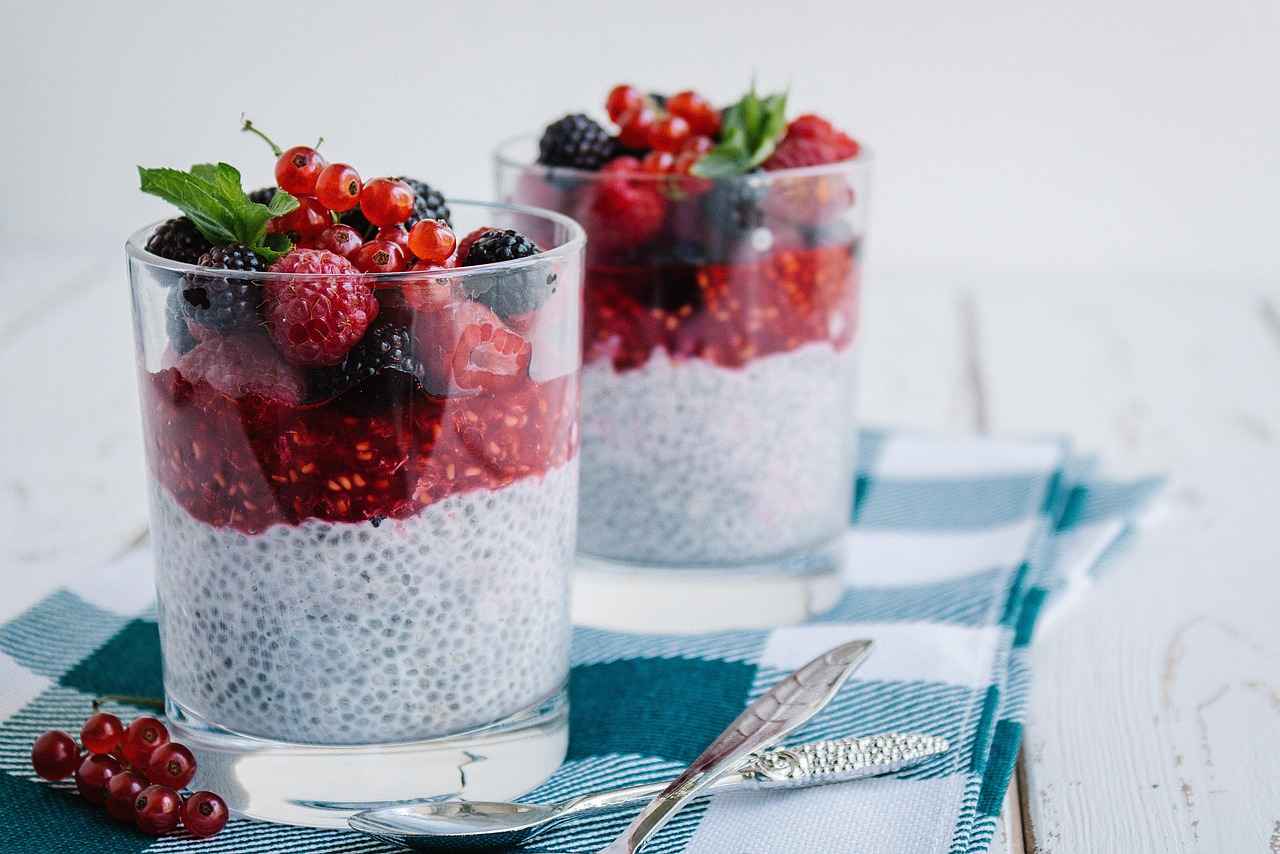
What Are the Health Benefits of Basil Seeds?
Basil seeds, also known as sabja seeds, are gaining popularity as a superfood due to their impressive health benefits. Originating from the sweet basil plant, these tiny black seeds are often overlooked in favor of more common seeds like chia. However, they pack a powerful punch when it comes to nutrition and wellness.
- Promoting Hydration: Basil seeds have a unique ability to absorb water, expanding to several times their size. This property not only helps in maintaining hydration but also makes them an excellent addition to beverages, especially in hot climates.
- Aiding Digestion: Rich in fiber, basil seeds can help regulate bowel movements and promote a healthy digestive system. The fiber content aids in preventing constipation and supports gut health.
- Supporting Weight Loss: The high fiber content in basil seeds can promote a feeling of fullness, which may help control appetite and reduce overall calorie intake. This makes them a valuable ally in weight management strategies.
- Rich in Antioxidants: Basil seeds are loaded with antioxidants that help combat oxidative stress in the body. This can contribute to overall health and may reduce the risk of chronic diseases.
- Regulating Blood Sugar Levels: Some studies suggest that basil seeds may help regulate blood sugar levels, making them a potential dietary addition for those managing diabetes.
Adding basil seeds to your meals is simple and versatile. Here are a few ideas:
- Soaked in Water: Soak basil seeds in water for about 30 minutes until they swell. Add them to smoothies or juices for a refreshing drink.
- In Desserts: Incorporate soaked basil seeds into puddings, yogurt, or desserts to add texture and nutrition.
- In Salads: Sprinkle soaked basil seeds on salads for added crunch and health benefits.
While basil seeds are generally safe for most people, it is crucial to consume them in moderation. Overconsumption could lead to digestive discomfort due to their high fiber content. Additionally, individuals with certain medical conditions or those who are pregnant should consult with a healthcare provider before incorporating basil seeds into their diet.
In conclusion, basil seeds are a nutrient-rich superfood that can offer a myriad of health benefits, from promoting hydration to aiding digestion and supporting weight loss. With their versatile culinary applications, they are an excellent addition to a balanced diet. By understanding their health benefits and how to use them effectively, you can make the most of this powerful seed.
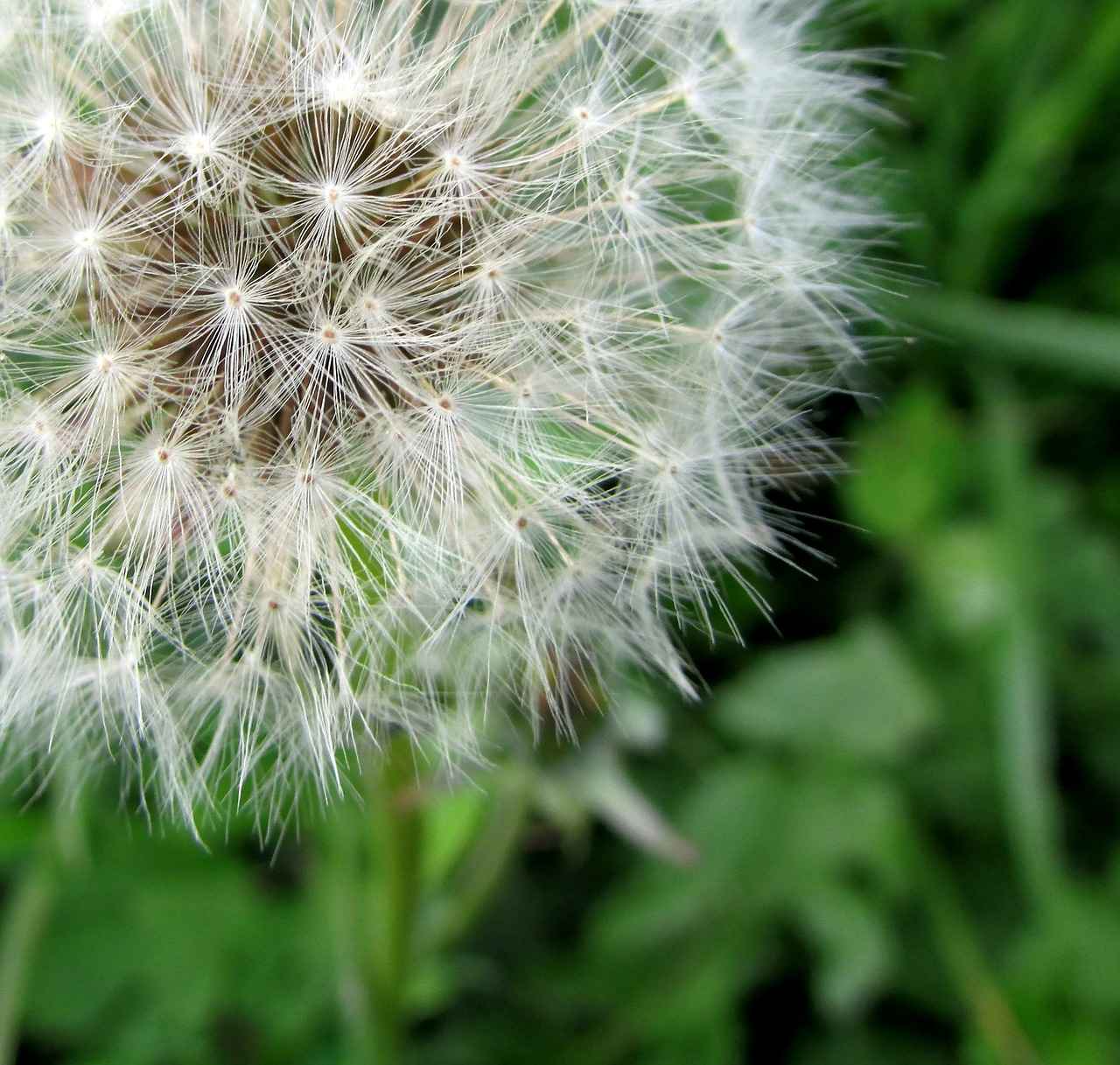
How to Use Chia Seeds in Your Diet?
Chia seeds have gained immense popularity in recent years, and for good reason. These tiny seeds are packed with nutrients and can easily be incorporated into a variety of meals. If you’re wondering how to use chia seeds in your diet, you’re in the right place! Below are some creative and practical ways to include these superfoods in your daily meals.
One of the simplest ways to enjoy chia seeds is by adding them to your smoothies. Not only do they enhance the nutritional profile, but they also provide a delightful texture. Just blend a tablespoon of chia seeds into your favorite smoothie recipe. The seeds will absorb some of the liquid, making your drink thicker and more satisfying.
Chia seeds can be a fantastic addition to your morning oatmeal. Stirring in a tablespoon of chia seeds while cooking your oats not only boosts the fiber content but also adds a nice crunch. For an extra flavor boost, consider adding fruits, nuts, or a drizzle of honey.
If you love baking, chia seeds can easily be included in your recipes. You can substitute eggs with chia seeds by mixing one tablespoon of chia seeds with three tablespoons of water, allowing it to sit until it forms a gel-like consistency. This mixture works well in muffins, bread, and pancakes, providing moisture and a nutritional punch.
Chia seed pudding is a popular and easy dessert option. To make it, combine three tablespoons of chia seeds with one cup of milk (dairy or plant-based) and a sweetener of your choice. Let it sit in the refrigerator for a few hours or overnight. The result is a creamy, satisfying pudding that you can top with fruits, nuts, or granola.
For an added crunch, sprinkle chia seeds on your salads. They not only enhance the texture but also contribute to the overall nutrient content. Mix them into your favorite dressing or simply add them as a topping to boost your meal’s health benefits.
Chia seeds can also be added to soups and stews as a thickening agent. They will absorb liquid and create a heartier texture without altering the flavor significantly. Just remember to stir them in during the last few minutes of cooking to ensure they expand properly.
For a quick and healthy snack, consider making your own energy bars with chia seeds. Combine oats, nuts, dried fruits, and chia seeds, then bind them together with a natural sweetener like honey or maple syrup. Press the mixture into a pan, chill, and cut into bars for an on-the-go snack.
In summary, incorporating chia seeds into your diet is not only easy but also beneficial for your overall health. Whether you add them to smoothies, oatmeal, baked goods, or salads, these seeds offer a versatile and nutritious option for enhancing your meals. Experiment with different recipes and find the best ways to enjoy the many health benefits that chia seeds have to offer!
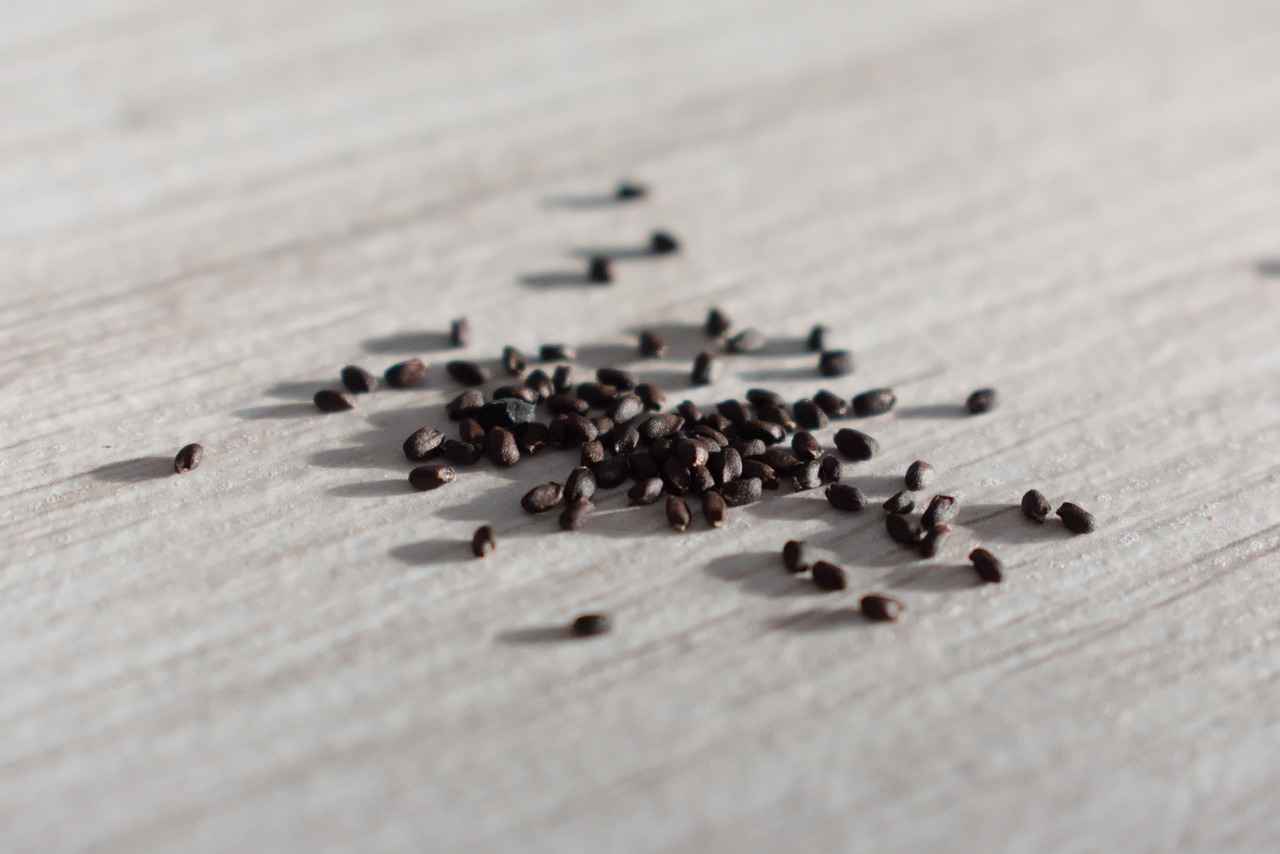
How to Use Basil Seeds in Your Diet?
Basil seeds, often overlooked in the realm of superfoods, are gaining popularity due to their impressive nutritional profile and versatility in culinary applications. These tiny seeds, also known as sabja seeds, are derived from the sweet basil plant and are packed with health benefits. If you’re wondering how to incorporate basil seeds into your diet, this guide will provide you with various methods to enjoy their unique texture and nutritional advantages.
Basil seeds are rich in fiber, antioxidants, and essential vitamins. When soaked in water, they expand and develop a gelatinous coating, making them an exciting addition to a variety of dishes. Their mild flavor allows them to blend seamlessly into both sweet and savory recipes.
- Soaking: Before using basil seeds, soak them in water for about 30 minutes. This process allows them to swell and become gelatinous, enhancing their texture.
- Rinsing: After soaking, rinse the seeds under cold water to remove any residual bitterness.
One of the simplest ways to enjoy basil seeds is by adding them to beverages. They can be stirred into:
- Fruit Juices: Mix soaked basil seeds into fresh fruit juices for added texture and nutrition.
- Smoothies: Blend them into your favorite smoothies for a nutrient boost.
- Infused Water: Add soaked basil seeds to water infused with fruits or herbs for a refreshing drink.
Basil seeds can elevate your dessert game by adding a unique twist. Consider these ideas:
- Puddings: Mix soaked basil seeds into chia pudding or coconut milk pudding for added texture.
- Ice Creams: Stir them into homemade ice creams or sorbets for a delightful crunch.
- Fruit Salads: Sprinkle them over fruit salads to enhance both flavor and visual appeal.
For a nutritious salad addition, basil seeds can be sprinkled over:
- Green Salads: Toss them into mixed greens for a unique texture.
- Fruit Salads: Combine them with various fruits for a refreshing and healthful dish.
- Grain Salads: Incorporate them into quinoa or farro salads for added fiber and nutrients.
In addition to their culinary uses, basil seeds offer numerous health benefits. They are known to:
- Promote Hydration: Their ability to absorb water helps keep you hydrated.
- Aid Digestion: High in fiber, they support digestive health and regularity.
- Support Weight Loss: Their high fiber content can promote feelings of fullness, aiding in weight management.
Incorporating basil seeds into your diet is not only easy but also beneficial for your health. By exploring various culinary applications, you can enjoy their unique texture and refreshing taste while reaping their nutritional rewards.

Which Seed is Better for Weight Loss?
When it comes to weight loss, many individuals are on the lookout for natural aids that can assist in their journey. Among the most popular options are chia seeds and basil seeds. Both of these seeds offer unique benefits, but understanding their differences and how they fit into your diet is crucial for effective weight management.
Chia seeds are known for their ability to absorb liquid, expanding in size and forming a gel-like consistency. This property can promote a feeling of fullness, which may help reduce overall calorie intake. Additionally, their high fiber content aids in digestion and helps maintain stable blood sugar levels, reducing cravings and preventing sudden hunger pangs.
Basil seeds, often referred to as sabja seeds, also have weight loss benefits. Like chia seeds, they swell when soaked in water, providing a sense of satiety. They are rich in dietary fiber, which assists in digestion and can help regulate appetite. Furthermore, basil seeds are known to aid in hydration, especially when consumed in beverages, making them a refreshing option for those looking to manage their weight.
| Seed Type | Calories per 100g | Fiber Content |
|---|---|---|
| Chia Seeds | 486 | 34g |
| Basil Seeds | 100 | 12g |
While chia seeds are more calorie-dense, their higher fiber content can make them more effective in promoting satiety. In contrast, basil seeds are lower in calories, which might appeal to those looking for a lighter option.
Choosing between chia and basil seeds for weight loss often depends on personal dietary preferences and lifestyle. If you prefer a more versatile ingredient that can be easily added to smoothies, baked goods, or oatmeal, chia seeds may be your best bet. On the other hand, if you enjoy refreshing drinks or desserts, basil seeds can be an excellent addition, especially in summer beverages.
Both seeds are generally safe for consumption, but it’s important to consume them with adequate water. Chia seeds can absorb up to 12 times their weight in water, potentially leading to digestive discomfort if not hydrated properly. Basil seeds, while also hydrating, may cause bloating if consumed in excess without sufficient liquid. Moderation is key.
In summary, both chia seeds and basil seeds can support weight loss efforts, but their effectiveness may vary based on individual dietary needs and preferences. Evaluating your lifestyle, taste preferences, and how each seed can fit into your meals will help you make the best choice for your weight loss journey. Whether you opt for the nutrient-dense chia or the refreshing basil, incorporating these seeds into your diet can be a beneficial step towards achieving your health goals.
Frequently Asked Questions
- Are chia seeds and basil seeds the same?
No, they are not the same! Chia seeds come from the Salvia hispanica plant, while basil seeds are derived from the sweet basil plant. They have different nutritional profiles and health benefits.
- Can I use chia seeds and basil seeds interchangeably in recipes?
While both seeds can be used in various recipes, they have unique textures and flavors. Chia seeds absorb liquid and form a gel, while basil seeds swell and become slightly crunchy. It’s best to choose based on the desired outcome of your dish.
- How should I store chia seeds and basil seeds?
Both seeds should be stored in a cool, dry place, preferably in an airtight container. This helps maintain their freshness and nutritional value for a longer time.
- Can I eat chia seeds or basil seeds raw?
Absolutely! Both seeds can be consumed raw, but soaking them in water or another liquid is recommended for better digestion and to enhance their health benefits.
- Which seed is better for hydration?
Basil seeds are particularly known for their hydrating properties, as they can absorb a significant amount of water. However, chia seeds also contribute to hydration due to their gel-forming ability when soaked.
